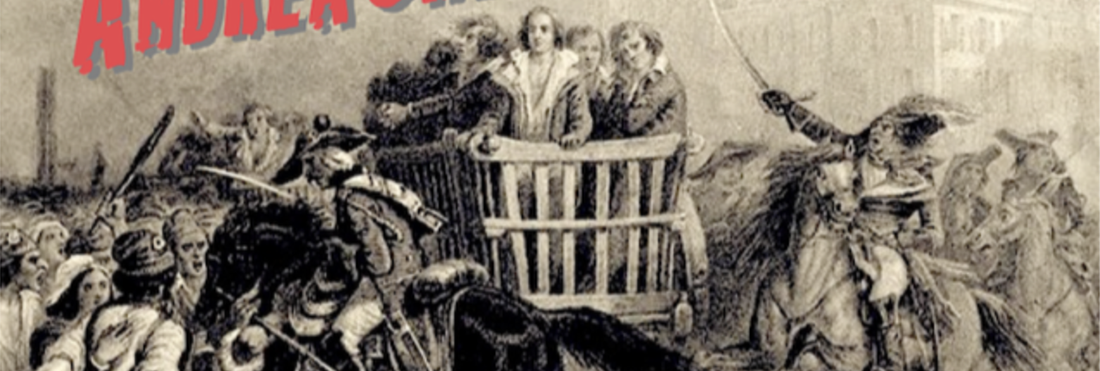
If you have lived in New York City long enough, and so happen to be friends with musicians or folkies, you’ve probably run across photos of Zlatne Uste Golden Festival online. These photos depict thousands of dancers thronging around a brass band in a vast, gilded Victorian hall. This Balkan brass mosh pit, the heart center of the festival, draws in a multigenerational horde once a year who sweat it out in 7/8 time through the wee hours of the night. Ongoing since 1986, and supported by traditional Balkan band Zlatne Uste, the two-day festival brings together 50 bands on four separate stages.
Their press release describes the Balkans as “a crossroads of cultures” and the festival’s programming includes music from across Europe, the Middle East, and North Africa. A brief glance at their lineup includes Bulgarian choral singing, Balkan brass, Greek rebetiko, Turkish folk-dance music, and Middle Eastern jazz fusion. With immersive décor, traditional foods, and a crafts marketplace alongside its multitudes of musicians and dancers, Golden Festival is a New York City experience without parallel.
Formerly housed in the now (tragically demolished) Grand Prospect Hall, the festival has moved this year to Astoria World Manor in Queens. This year’s festival, to be held May 10th and 11th, will be the first two-day Golden Fest since just before the pandemic. In its new Astoria home, the festival bursts back into life with an overwhelming rundown of musicians. The dizzying number of musical stylings on display, from soft choral music to whirling Romani dance numbers, ensures such a diversity of experiences that no two attendees will have the same Golden Fest.
Polyphonic singing from Eastern Europe and the Balkans will be well represented at the festival. Their impressive rundown of vocal performers includes the Yale Slavic Chorus, Yasna Voices, Young Bulgarian Voices, Village Voices, Ukrainian Village Voices, Ensemble Verba, and Supruli. Among the brass bands who will be enrapturing the throngs of dancers in the ballroom are Slavic Soul Party!, Novi Hitovi Brass Band, Raya Brass Band, Conical Cacophony, Sarma Brass Band, Undertow Brass Band, Kavala Brass Band, and of course the group that started it all, Zlatne Uste. Klezmer music, Yiddish song, Macedonian folk, Hungarian dances, “Urban Chalgija songs from cities of North Macedonia,” Anatolian music, and music from the Pontus region of Greece will be performed, alongside more eclectic sounds that blend the traditional and the modern.
If, like me, your heart’s desire is to grind on the dance floor to some Balkan brass, the boom of a bass drum throbbing through the soles of your shoes, you will be well taken care of at Golden Fest. If, on the other hand, also like me, your eardrums are old and tinnitus-ridden from too many concerts and you can’t grind all night long, there will be quiet spaces for soft singing, conversation, and dining.
Originally drawing its audience from the old folk-dance community in New York (yes, there is a whole category of hobbyist who regularly gets down in 7/8 time), the festival has long since expanded. You don’t need to have any pre-prepared dance skills to enjoy the festival. Many newcomers to the genre come to Golden Fest and learn the folk-dance steps by osmosis, through their bodies, through a folk process natural to the genre. Others with two left feet or simply a love of ecstatic movement, can move as the music takes them. You don’t need to be a folkie to love Golden Fest. You only need a beating heart.
Jerry Kisslinger, a drummer in Zlatne Uste and a festival organizer, described the festival in our interview as such:
“When Zlatne Uste or other bands play in the middle of the floor, and we’ve had the experience of there being 1500 people around us, doing a line dance or partying in other ways, it’s unimpeachably a community. There’s no asterisk, there’s no question that we’re drawn together by the power of the moment.”
All Golden Fest bands play their short sets for free, coming to the festival for the experience and to bring out their fan base. The entire festival is volunteer run, and no promoter is making money from it. Any proceeds not used to pay for the upkeep of the festival are devoted to next year’s festival or donated to a worthy aid organization. Past donations have been made to the International Rescue Committee and Mercy Corps, both organizations now helping to give humanitarian aid to Gazan refugees.
Tickets are available still for both nights and the full lineup of bands is now online. Friday night is the quiet night mainly attended by folk hobbyists, while the big party happens Saturday night.
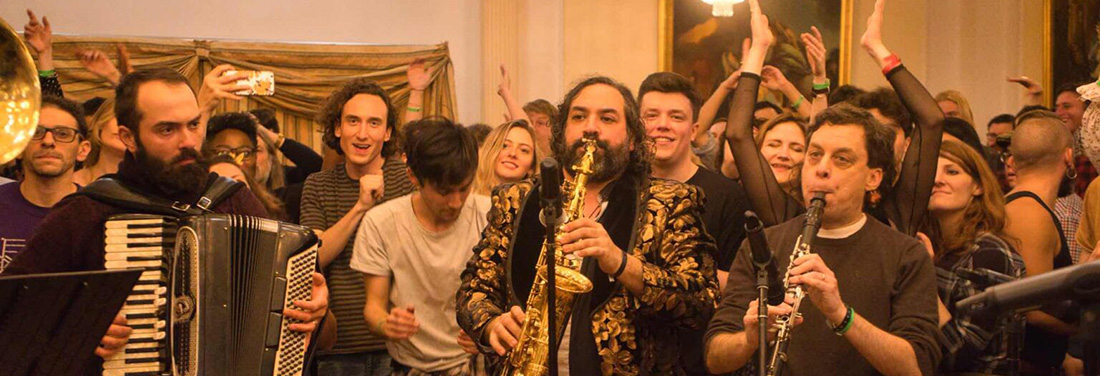
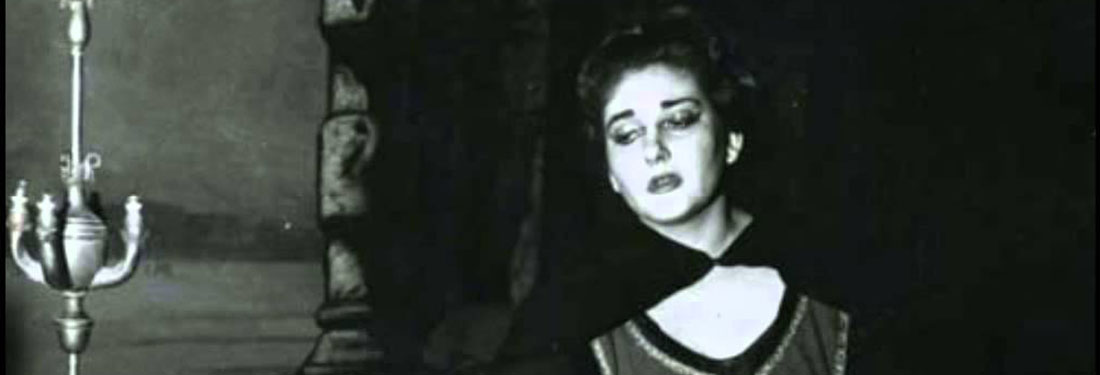
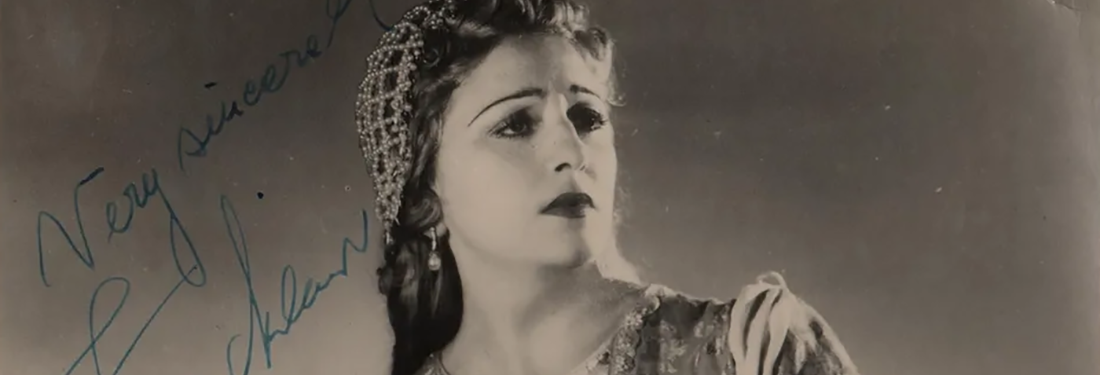
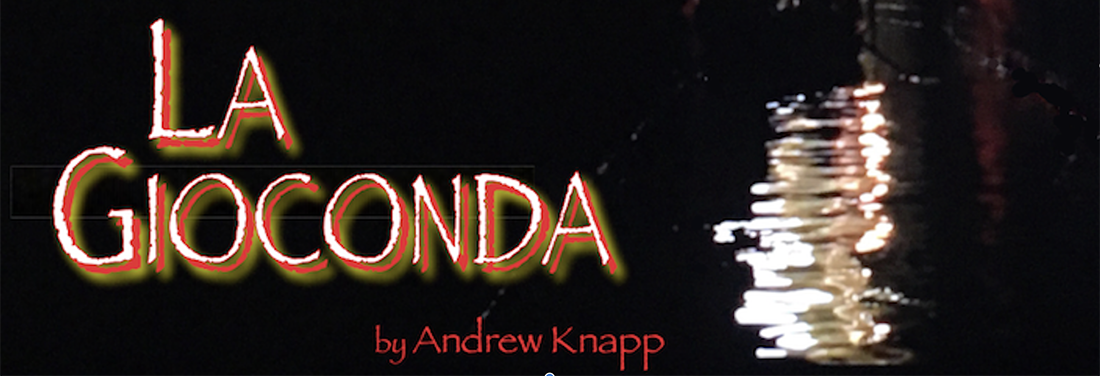
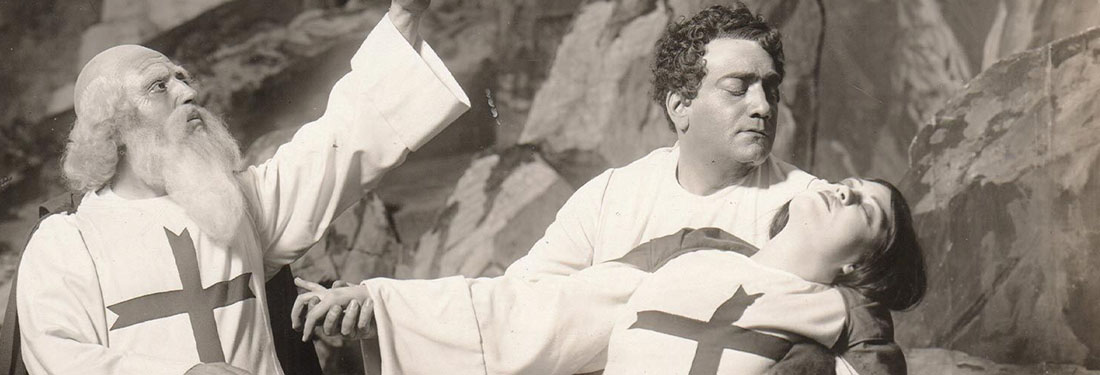
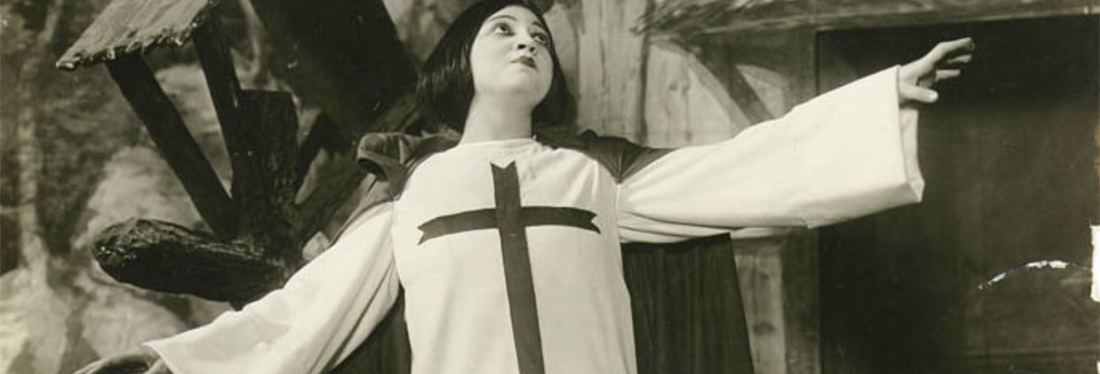
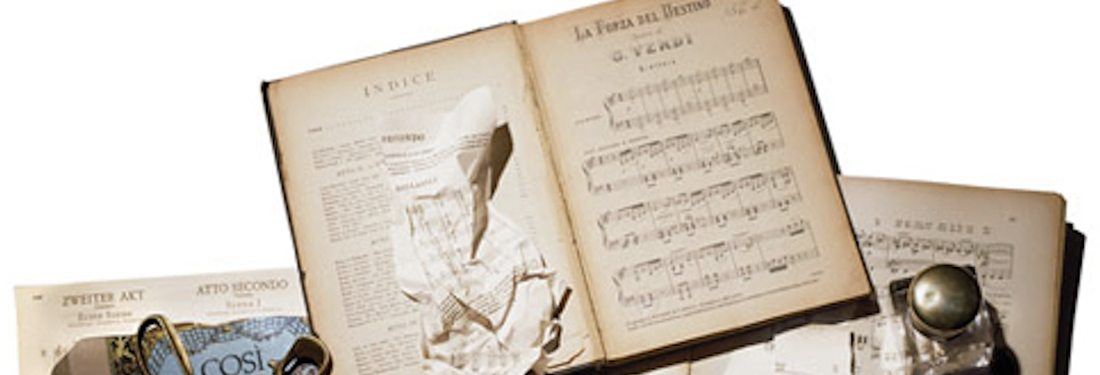
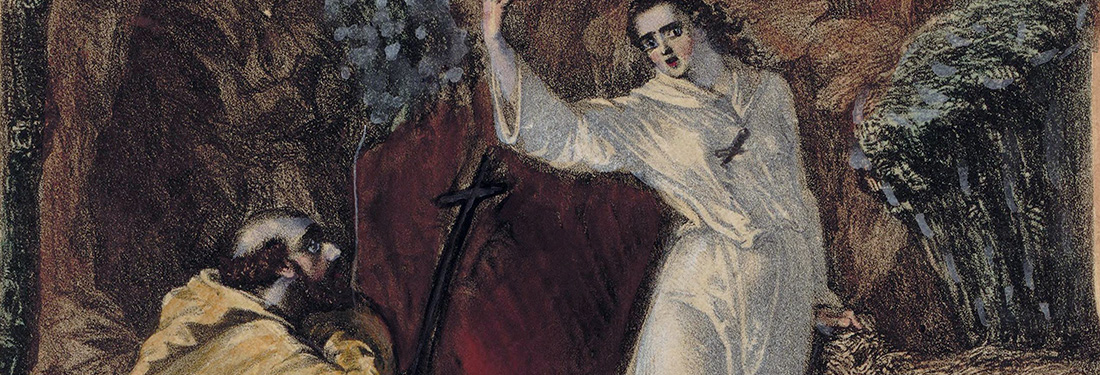

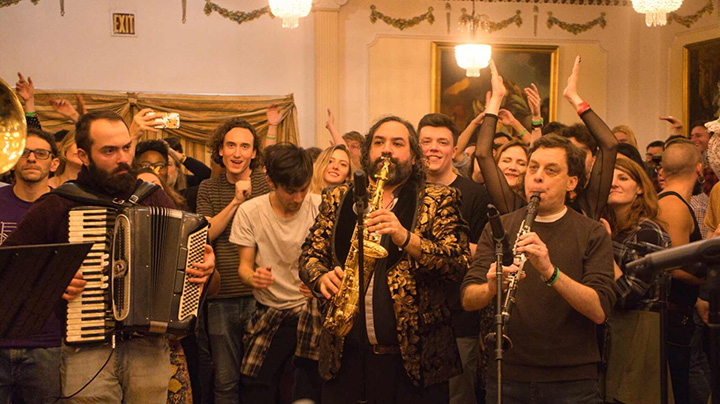
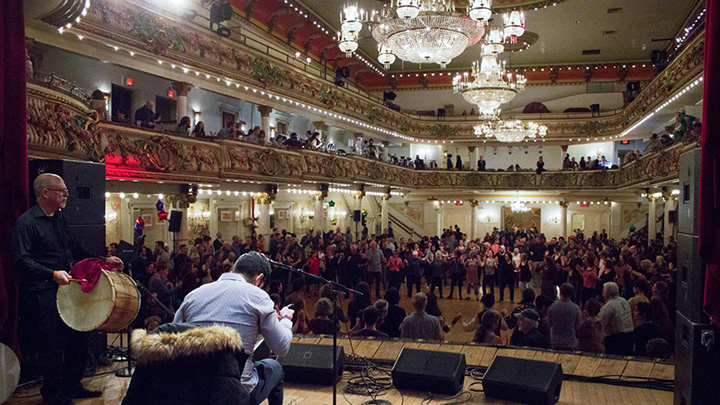







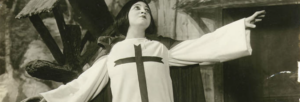



Comments